
2025 Georgia Tech Symposium & Workshop
The Materials Characterization Facility is pleased to announce that in January, in collaboration with Rigaku, the MCF will be hosting a workshop on X-ray diffraction. The event will feature seminars from researchers from Georgia Tech, the University of South Carolina and Rigaku Americas each morning. Afternoons will feature hands-on training and application of techniques and showing off the capabilities of the tools and the software.
Registration is now closed.
Meet Our Expert Presenters
We are thrilled to introduce the esteemed presenters of the Advanced Data Visualization seminar. Our lineup features industry leaders and data visualization experts who bring a wealth of knowledge and experience to the table. Each presenter is dedicated to sharing their insights, techniques, and innovative approaches to data visualization. Get ready to be inspired and informed by some of the best minds in the field, as they guide you through the latest trends and best practices in data visualization.
Invited speakers
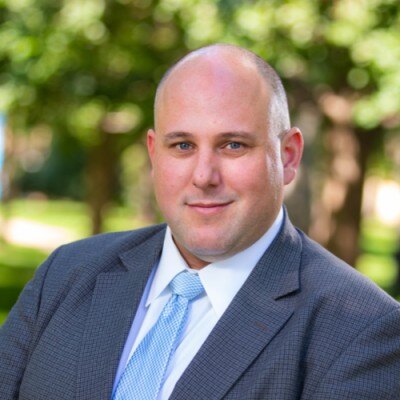
Aaron Stebner
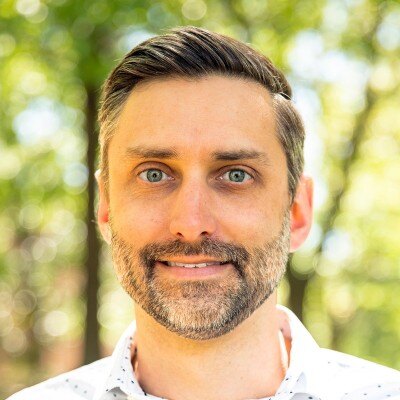
Matt McDowell
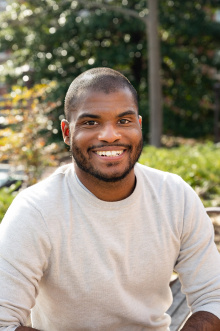
Isaiah Bolden
%20LaPierre%2c%20Georgia%20Tech.jpg)
Henry (Pete) S. La Pierre, PhD
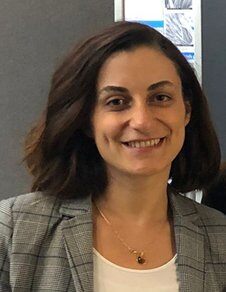
Elsa Qoku
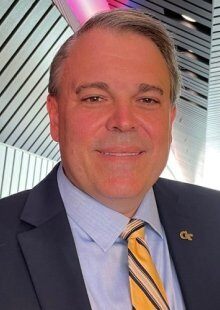
Eric Vogel
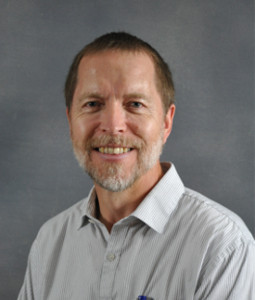
Hans-Conrad (Hanno) zur Loye
Rigaku speakers
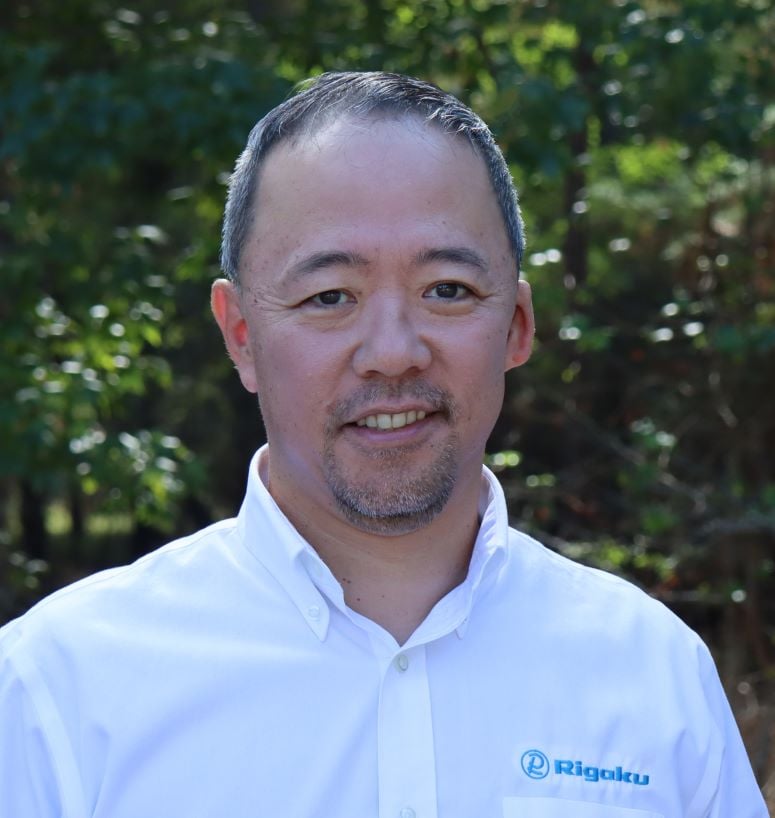
Keisuke Saito, PhD
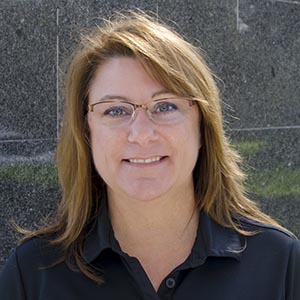
Angela Criswell, PhD
Jessica Burch, PhD
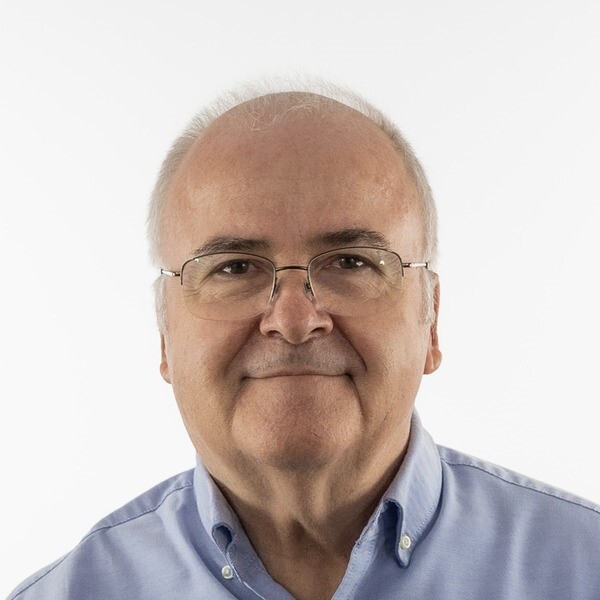
Ryan Nelson
Contact: Michelle Goodwin
Rigaku Americas Events Manager
michelle.goodwin@rigaku.com
